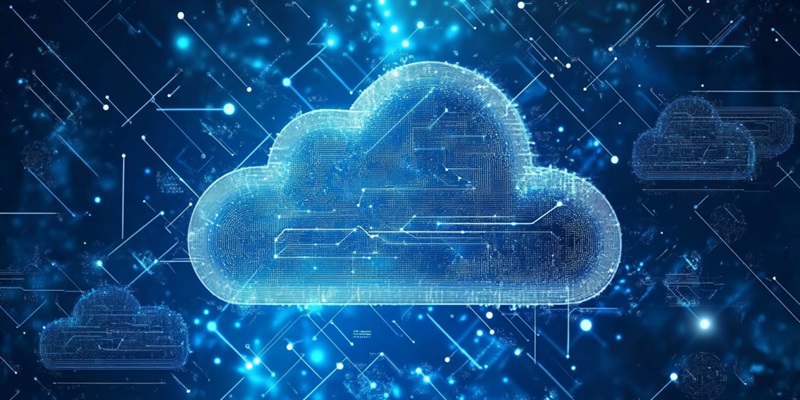Akamai Technologies has recently made significant upgrades to its cloud security solutions, expanding its Guardicore Segmentation for cloud-native resources on Amazon Web Services (AWS) and enhancing its Zero Trust Network Access (ZTNA) product to boost application performance. These changes come at a crucial time, as the Verizon 2024 Data Breach Investigations Report highlighted an alarming trend: 32% of data breaches involved ransomware or extortion. This increase in cyber threats underscores that organizations need a robust Zero Trust framework now more than ever.
Key among Akamai’s updates is the extension of its Guardicore Segmentation to support agentless enforcement for platform-as-a-service (PaaS) resources in both Azure and AWS. This upgrade aims to provide organizations with improved visibility and enforcement capabilities across their multicloud and on-premises environments. Ofer Wolf, Senior Vice President and General Manager of Enterprise Security at Akamai, emphasized the importance of equipping customers with the visibility and security controls necessary to protect their cloud environments while maintaining a seamless single-pane-of-glass experience. The comprehensive enhancements promote a more consistent and effective approach to cloud security.
Guardicore Segmentation brings several benefits to the table, including agentless cloud-native visibility and enforcement, a versatile hybrid enforcement engine, integrated reputation analysis, and scalable security designed to keep data secure within cloud environments. Among other upgrades, Akamai has also improved its Enterprise Application Access product by incorporating Akamai Connected Cloud’s edge delivery and distributed cloud capabilities. This product update is essential for ensuring secure application access for an increasingly global and remote workforce, either as a stand-alone solution or when integrated with the Akamai Guardicore Platform.
Wolf noted that proximity plays a critical role in delivering efficient ZTNA. Enterprise Application Access helps organizations deliver fast and seamless user experiences, ultimately reducing IT support calls caused by slow applications. This has become especially significant as the Gartner Hype Cycle for Zero-Trust Networking 2024 indicates that cloud-based ZTNA offerings greatly enhance scalability and ease of adoption for secure remote access. The new features of Akamai Enterprise Application Access, such as edge transport for optimal end-user experiences, stable performance in environments with poor internet connectivity, and local points of presence (PoP) for in-office users, collectively aim to enhance security, performance, and user satisfaction.
Enhanced User Experience and Security
Akamai Technologies has significantly upgraded its cloud security solutions. Guardicore Segmentation now includes support for agentless enforcement for platform-as-a-service (PaaS) resources on both Azure and AWS, enhancing visibility and enforcement across multicloud and on-premises environments. These updates are timely, especially given that the Verizon 2024 Data Breach Investigations Report revealed that 32% of data breaches involved ransomware or extortion. This surge in cyber threats highlights the urgent need for robust Zero Trust frameworks.
Ofer Wolf, Senior Vice President and General Manager of Enterprise Security at Akamai, emphasized the necessity of providing customers with comprehensive visibility and security controls to protect their cloud environments while maintaining a seamless experience. The updated Guardicore Segmentation offers several advantages, including agentless cloud-native visibility, a hybrid enforcement engine, integrated reputation analysis, and scalable security.
Additionally, Akamai enhanced its Enterprise Application Access product with Akamai Connected Cloud’s edge delivery and distributed cloud capabilities. These updates are crucial for securing application access for a global, remote workforce and can be used standalone or integrated with Guardicore. Wolf also highlighted the importance of proximity in delivering efficient Zero Trust Network Access (ZTNA). Enhanced features in Akamai’s Enterprise Application Access aim to improve security, performance, and user satisfaction by offering edge transport, stable performance in poor internet environments, and local points of presence for in-office users. The enhancements align with Gartner’s 2024 Hype Cycle findings that cloud-based ZTNA offerings enhance scalability and ease of adoption for secure remote access.

